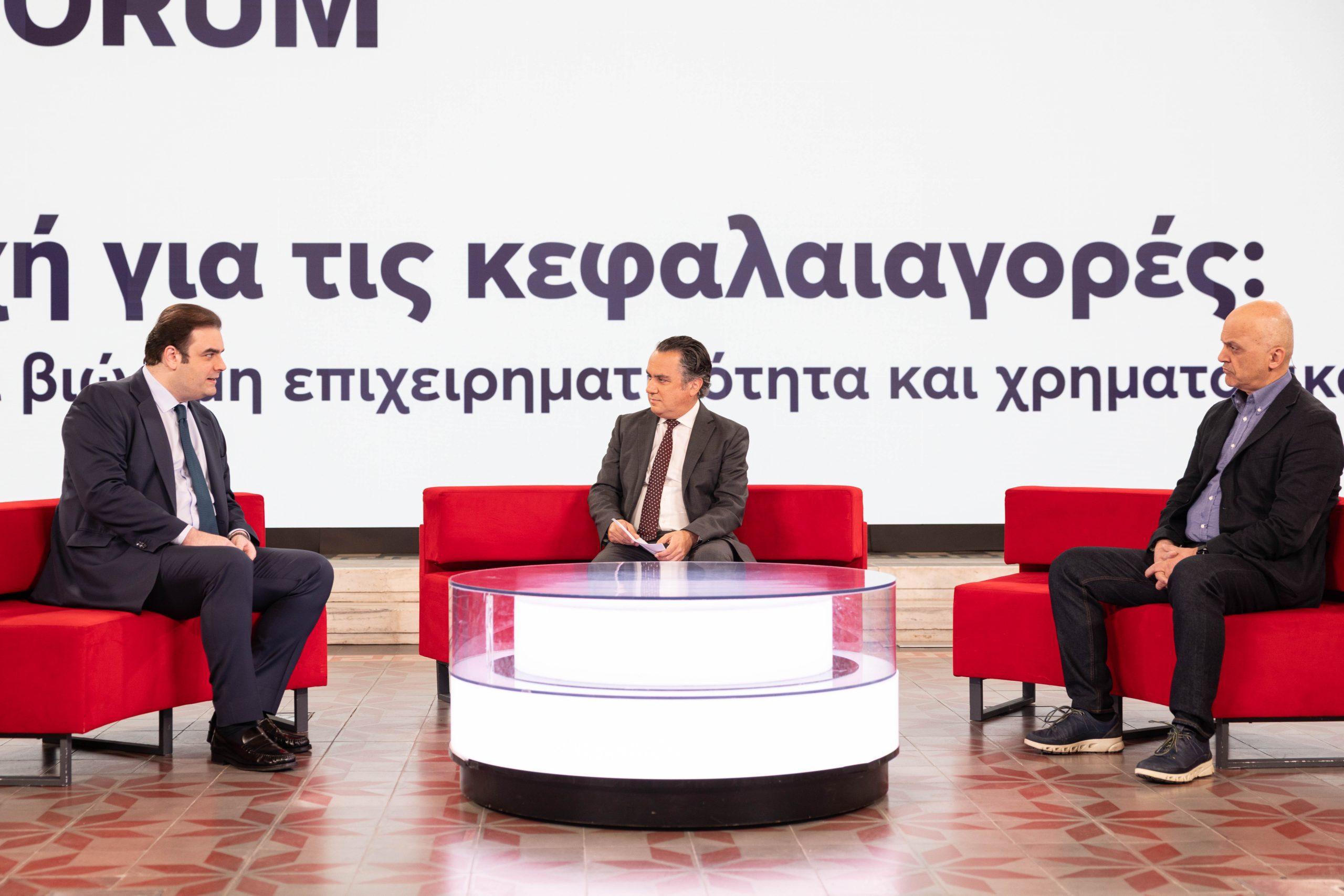Parliament urges the court to maintain a discriminatory requirement for admission of students

It is a condition of the candidate students for the education for the acquisition of a master’s degree in paid form of training to have minimal success « good » (ie 3.50) of their bachelor’s studies. It is placed by the Higher Education Act, which does not require the same when it comes to applying for a master’s degree in a state contract.
The new fees for students: up to 900 BGN for pedagogy, up to 1500 for computer specialties
« In this way, » Dr. Kolev explains in his report, « a different treatment is created between the paid and the state form of training. » Moreover, the state may and probably finds it in the situation to support a student with a lower success than someone who is ready to pay for the whole amount for their training, has a higher success and is still facing an unjustified regulatory barrier to continue to study.
The principle of equality of citizens before the law would not have been violated if the law pursued a legitimate purpose, but in this case there is no such.
Excluding A priori, the persons successful from the diploma under « good » from the competition for vacancies in universities, the seemingly neutral provision puts them in a less favorable position, and the higher education institutions themselves faces the risk of not filling their places despite the presence of those who want to train, Dr. Kolev said.
There may be some arguments for setting a success requirement in order to improve the quality of education, he reasoned, but « this is in a direct contradiction with the state support students allowed to continue their education to a higher degree. » The lawyer concludes that « there is no legitimate goal to limit rights », therefore « there is indirect discrimination ».
National Assembly: Inadmissible and unproven
The National Assembly claims in an opinion from the Chief Counsel Milena Radoslavova and the legal counsel Simona Cholakova that « the complaint is unacceptable, alternatively unfounded and unproven. »
Government is reducing the admission of students by public procurement at universities
« In case it is assumed that there is an indirect discrimination, it should be noted that there are situations where even there is an adverse effect or consequences, there may be no discrimination if the treatment has been justified, » they write, and the contested text is not accepted by the 41st National Assembly. The presence of discrimination in it.
The legal advisor to the Government Administration Angel Tafrov expresses the view that Kolev’s conclusion is « false and unfounded », since the legislator gave students a master’s degree in a state contract. Considers that the elimination of the requirement for minimal success would eliminate « any incentive of students to realize their higher education with a higher success, which would provide them with more opportunities to gain a higher or additional degree of education. »
Rectors: There is actually one
The chairman of the Rectors Council Prof. Miglena Temelkova also gave a written opinion. In it, she points out that, according to the predominant part of the views requested by the Council, the norms in the law « have a discriminatory nature ». This position was occupied by the Medical University of Pleven, the economic – Varna, the Varna free, the Burgas State « Prof. Dr. Assen Zlatarov » and the Higher Air Force School in Lower Metropolia. The opposite opinion is from the Academy of Music, Dance and Fine Arts in Plovdiv, the University of Veliko Turnovo and the University of National and World Economy (UNWE).
In the second group, fears prevail that without a requirement for success at universities, students who could not meet the requirements for higher master’s degree would not be able to meet. Their training would reduce the quality of education, and this would impair the reputation of universities.
The state will pay the second higher one in only some of the specialties at universities
The rectors of the opposite opinion say that « it is correctly stated that the different treatment of students studying in a state contract by those who train in a paid form of study is unjustified, » said Prof. Temelkova. « Such a requirement implicitly contains the preference that the second form of education is generally preferred by students with less achievements and qualities that should be normatively restrictively treated. This is not justified and is undoubtedly discriminatory. »
| Prof. Temelkova draws attention to another consequence of the legal requirement: it « discriminates the whole category of higher education institutions – private ones that train only and only this type of students » (ie in a paid form of education). |
The opinion of the Board of Rectors is that « it is not legally justified to justify students in paid form of study not to be allowed to apply for a master’s degree on the basis of the defined legal criterion – success lower than » good « .
Commission: There is no logic in the legal provisions
The Commission for Protection against Discrimination – composed of Anna Dzhumalieva (Chairman), Baki Husseinov and Sabrie Sapundzhieva (members) – concludes that different criteria are being applied to applicants for a master’s degree according to the form of training for which they are applying. The composition « finds that the legal provisions thus established do not follow logical links and patterns ».
In the paid form of training, which does not benefit from the privileges of the government contract and the student covers all his education costs himself, a tendency and unjustified requirement for minimal success by the diploma has been made.
The law « puts a path to education to an education condition, which in turn does not allow the candidate students even to participate in the ranking for joining university. »
In conclusion, the Commission establishes that the provision of the law in the part regulating the requirement for minimal success « good » in respect of persons wishing to study for a fee in a master’s degree, constitutes a form of indirect discrimination and within the meaning of Art. 4, para. 3 of the Law on Protection against Discrimination on the Protected Area « Education » and recommends the National Assembly to bring it in accordance with the principle of equality in treatment, eliminating the requirement for minimal success « good ».
What’s next
Following the appeal by the National Assembly, the Administrative Court in Sofia-city is to schedule a hearing in the case. Date is not yet hypothetically and it is possible to determine it after the court’s summer vacation, that is, in September.
Depending on his decision, the requirement for success « good » will be dropped or confirmed. Until then, it remains in force for all candidate students.










